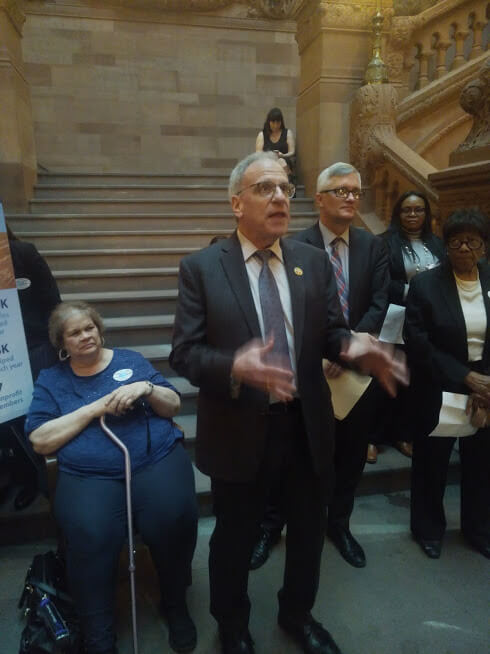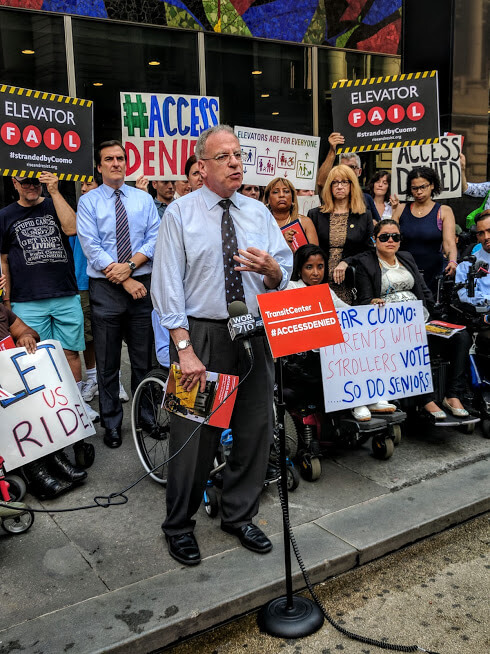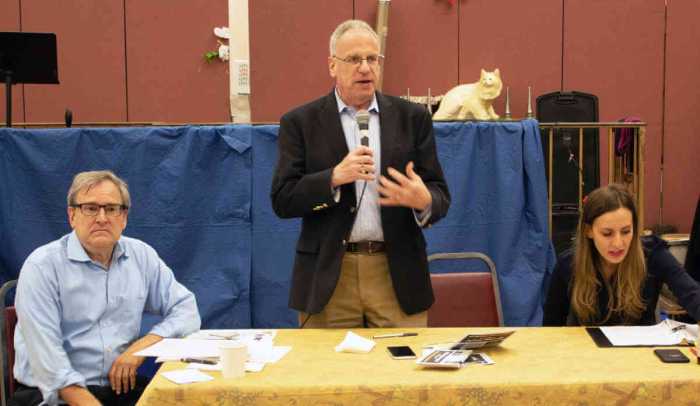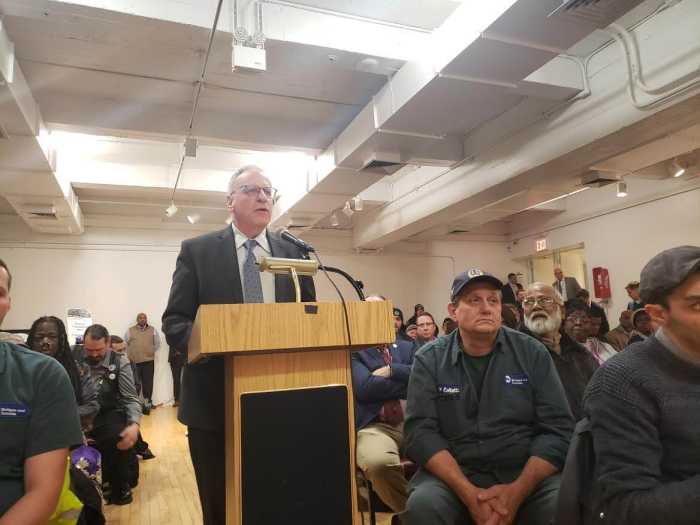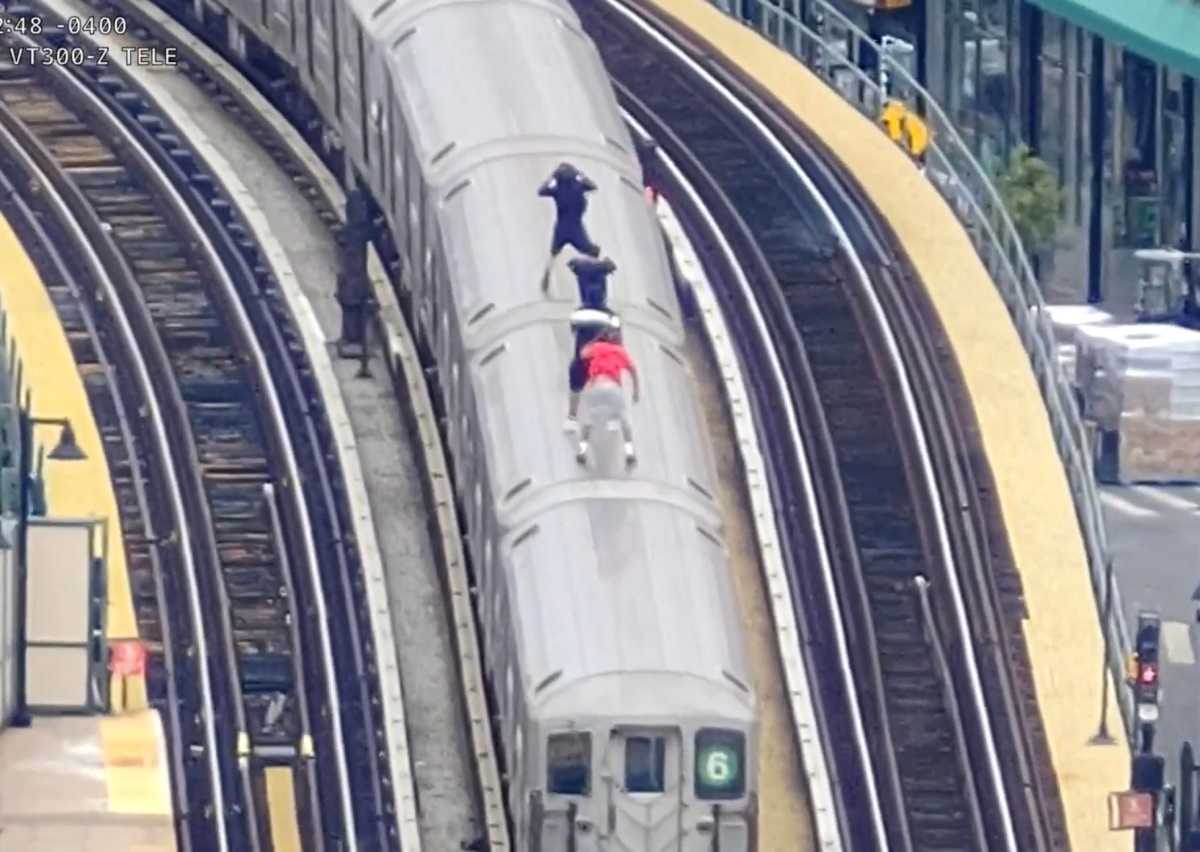Starting next month, Bronx tenants will have one extra tool in the fight against bad landlords, thanks to a newly passed piece of legislation from Assemblyman Jeffrey Dinowitz.
The law would require that property owners complete court-ordered repairs to their properties within a maximum of 60 days. This comes after a nearly two-decade battle in honor of Jashawn Parker, an 8-year-old Bronx boy who died in a fire back in 2002.
On Aug. 6, 2002, Parker was in his family’s DeKalb Avenue apartment when an electrical fire suddenly broke out late in the evening. For years, the apartment building’s landlord had ignored tenant complaints about extreme deterioration and ignored two years of court orders requesting repairs.
“Every year for the past 18 years I have fought to get some semblance of justice for Jashawn Parker,” Dinowitz said. “This law will not bring back the life of that young child, but it will hopefully prevent harm for countless others in years to come. I have no patience for any landlord who claims this will cause them financial harm — these are things that every property owner has an obligation to do, and it is only because of their continued negligence that tenants had to seek help from Housing Court at all.”
According to the new law, judges can grant landlords extensions beyond the 60-day period to complete repairs, which is known as a “good cause shown” threshold. In Parker’s case, apartment tenants and housing advocates had been pushing for the property owners to fix over 400 code violations, including leaks and electrical issues. At the time, Housing Court judges granted at least two extensions to the landlord’s deadline to remedy these problems prior to the accidental fire.
Over 18 years ago, the City Council passed a resolution to support Dinowitz’s then-new legislation, which passed the Assembly 16 times without gaining State Senate support. The law finally passed both chambers this year.
“Lower income tenants are entitled to safe and healthy homes and they often can’t just move when their buildings deteriorate,” Bellinder said. “The 7A law is a powerful and underutilized tool for organized tenants to put maximum pressure on negligent landlords. Tenant initiated 7A cases are usually started after tenants have tried every other way to get their landlords to maintain their building safely. Time is of the essence in these cases. Changes to the 7A law that hold landlords and courts to a reasonable time frame for repairing the property or forcing the landlord to step aside are welcome.”

